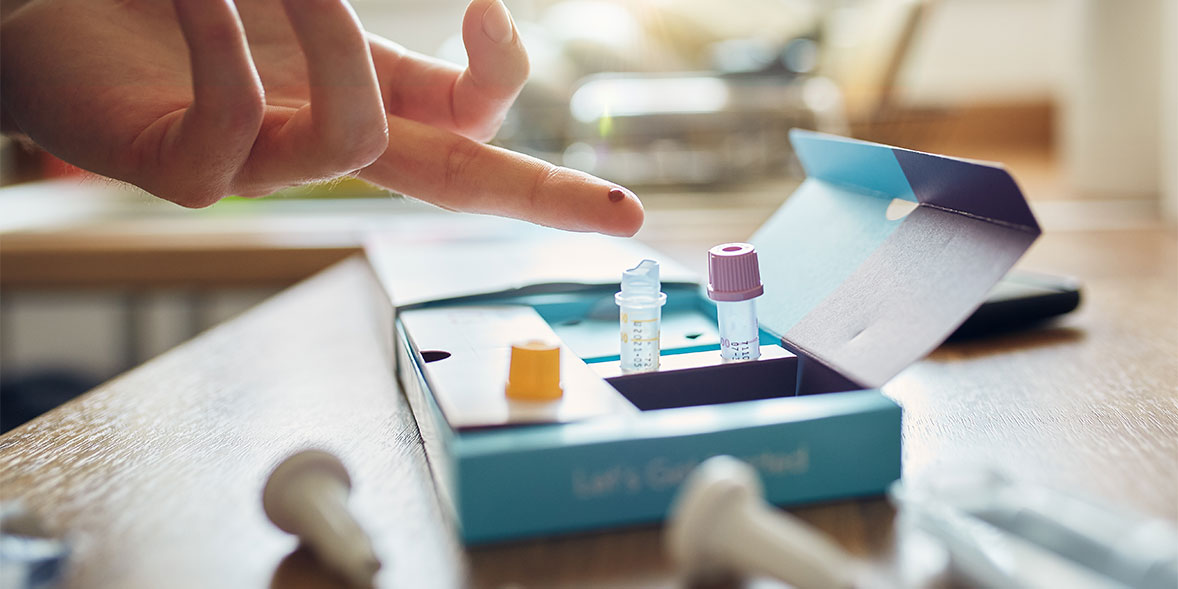A growing number of health test kits sold directly to consumers on UK high streets may be giving misleading or unreliable results, prompting experts to call for stricter regulation to ensure safety and accuracy.
New research published in the British Medical Journal (BMJ) highlights serious concerns around self-testing kits for conditions such as bowel cancer, thyroid disorders, vitamin deficiencies, HIV, and menopause.
Researchers from the University of Birmingham examined 30 different test kits, priced between £1.89 and £39.99, and found that many lacked essential information to help users understand or act on the results.
Of the kits reviewed, fewer than half included any reference to test accuracy, and less than a quarter gave users clear instructions on what to do after receiving their results. Alarmingly, nearly half advised users to consult a doctor regardless of the outcome a move experts warn could increase strain on already overburdened NHS services.
Prof Jon Deeks, who led the research, said while self-tests have potential to improve early diagnosis and access to care, current standards fail to adequately protect users. “For these tests to be truly helpful and not harmful, they need to be accurate, simple to use, and come with clear, evidence-based instructions,” he said.
Although self-testing is not new pregnancy tests have been widely used since the 1970s, and COVID-19 lateral flow tests became commonplace during the pandemic this new generation of direct-to-consumer diagnostic tools operates in a regulatory grey area, the researchers warn.
The BMJ also cautions that allowing access to health tests based on personal spending power rather than clinical need could deepen health inequalities and leave vulnerable individuals at risk of exploitation.
Bernie Croal, President of the Royal College of Pathologists, echoed the concerns, warning that unreliable test results could offer “false reassurance” or lead to unnecessary follow-ups, placing further pressure on health services.
Despite bold marketing claims some boasting accuracy rates of over 98% the researchers found that many test kits lacked publicly available evidence to support their performance.
Currently, UK manufacturers are not required to publish clinical validation data, but health experts are pushing for greater transparency and accountability.
The Royal College of General Practitioners has joined calls for clearer regulation and public disclosure of clinical evidence.
In response, the Medicines and Healthcare products Regulatory Agency (MHRA), which oversees medical devices in the UK, said it is in the process of overhauling safety standards.
Joseph Burt, Head of Diagnostics at MHRA, confirmed that new transparency measures are under review, including requiring manufacturers to publish summaries of clinical data.
“Until then, we advise consumers to look for the CE or UKCA safety mark on test kits, carefully follow instructions, and consult a healthcare professional if they are unsure about any result,” he said.
With the UK’s self-test market projected to reach £660 million by 2030, researchers say urgent action is needed to ensure that public trust, patient safety, and health equity are not undermined in the race for convenience and autonomy.
